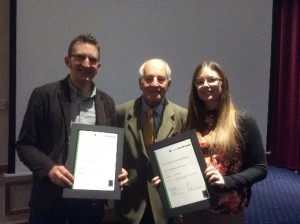The next SPELL framework training is taking place on 11, 12 & 13 July 2016 at the University of Kent. Registration and payment for this is via the University online store, however anyone wishing to undertake this training will need to email us outlining their experience and suitability (emails to J.Ruffels@kent.ac.uk) Full details of the training days are available on our web page: http://www.kent.ac.uk/tizard/courses/short/index.html?tab=spell
The SPELL framework is a socially valid framework that supports the understanding of autism and the development of autism friendly environments and approaches. It is an individualised and person-centred approach that centres around 5 key elements: structure, positive approaches and expectations, empathy, low arousal, links.


